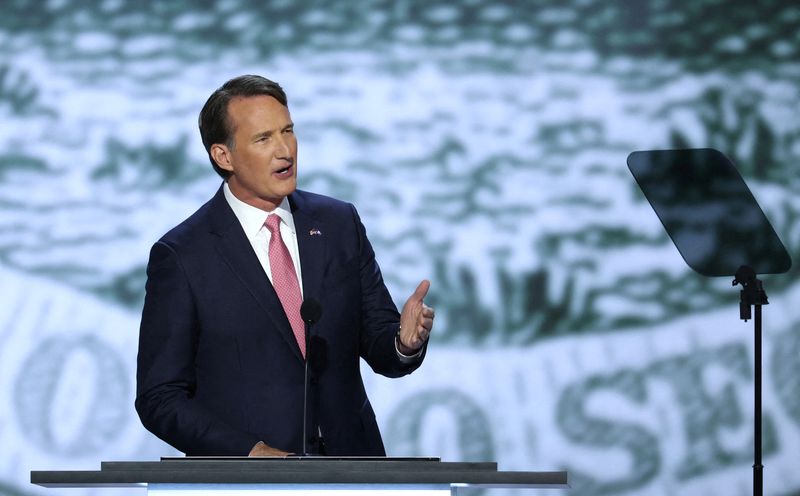A recent ruling by U.S. District Judge Patricia Tolliver Giles has halted Virginia’s controversial move to purge its voter rolls of individuals who were deemed unable to prove their citizenship. This decision comes just days before critical elections in which Republican Donald Trump and Democrat Kamala Harris are vying for the presidency. The judge determined that Virginia’s actions were in violation of federal law, specifically a prohibition against large-scale voter purges within the 90 days leading to an election. As a result, the state must reinstate the eligibility of the voters who were removed from the rolls.
The background of this situation involves Republican Governor Glenn Youngkin’s executive order signed on August 7, which mandated the Department of Elections to perform daily updates on the voter list. This process aimed to exclude individuals who could not confirm their citizenship. According to the order, those U.S. citizens who did not assert their citizenship within a 14-day notification period would face removal from the register. However, the Justice Department’s lawsuit indicated that this approach was problematic, as it unjustly led to numerous citizens losing their voter registrations just before the approaching election.
The concern over potential noncitizen voting has been a recurrent theme in Trump’s rhetoric this election cycle, despite the lack of substantial evidence supporting such claims. Various state and private audits have shown that instances of noncitizen voting are exceedingly rare. Judge Giles noted a troubling pattern in the timing of the executive order, remarking on the apparent coordination of the order’s announcement with the 90-day threshold before the election. This observation reinforced the idea that the action was specifically aimed at influencing the voter landscape close to the election date.
In response to this ruling, Governor Youngkin has expressed his intention to appeal, indicating that the state might take the legal battle all the way to the U.S. Supreme Court if necessary. The implications of this case extend beyond Virginia, as it reflects broader national concerns over election integrity and the balance between preventing fraud and ensuring voter access. The ruling is a significant moment for those advocating for voter rights and emphasizing that every eligible citizen should have the opportunity to participate in elections.
Trump’s reaction to the court’s decision has been vehement, labeling the ruling as a “totally unacceptable travesty.” The former president expressed hope that the Supreme Court would intervene to rectify what he views as an unfair decision, thereby reopening the debate on the legality and motivations behind voter roll purges. Such incidents fuel the ongoing national dialogue about governance, voting laws, and the political strategies at play heading into the November elections.
As the situation continues, it remains critical to monitor how Virginia’s elections will unfold and the impact of this legal challenge on the broader political discourse. The central issue of voter eligibility and the right to vote will remain at the forefront of 2024’s electoral dynamics. In addition to this particular case, the scrutiny surrounding voting laws and procedures is likely to persist, as stakeholders across the political spectrum advocate for measures to either secure elections further or broaden access to the voting process. The outcome of Virginia’s appeal may set a precedent not just within the state, but potentially across the nation as election laws continue to evolve.

